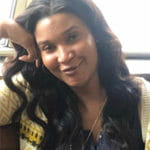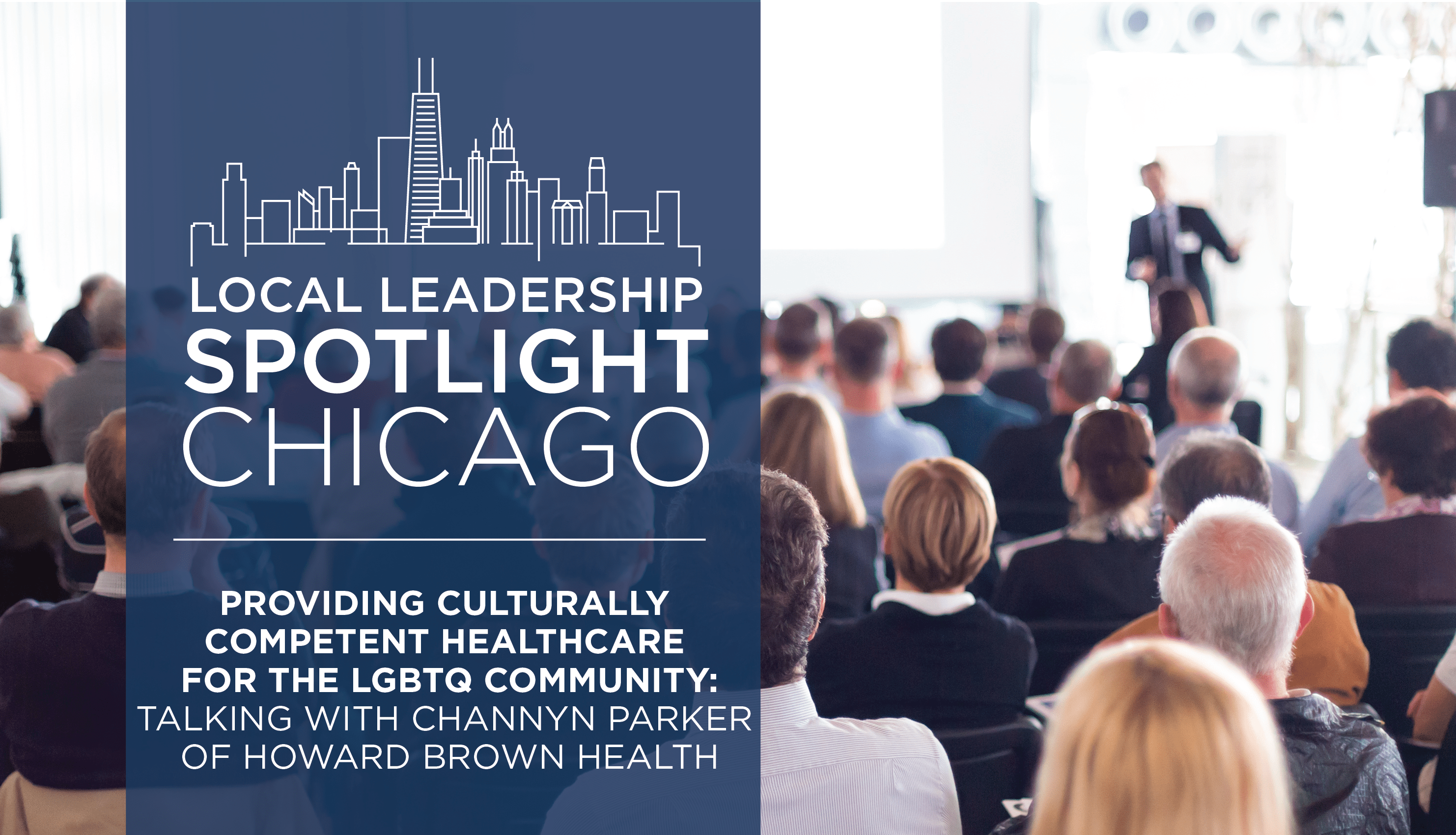Providing culturally competent healthcare for the LGBTQ community: Talking With Channyn Parker of Howard Brown Health
 Channyn Parker is manager of external relations for Howard Brown Health, a Federally Qualified Health Center (FQHC) in Chicago that exists to eliminate the disparities in healthcare experienced by lesbian, gay, bisexual, and transgender people through research, education, and the provision of services that promote health and wellness. Parker has devoted her life’s work to the fight for social justice, in particular for trans women of color, among other marginalized populations. She has an extensive background in social service, homeless youth advocacy, and counseling.
Channyn Parker is manager of external relations for Howard Brown Health, a Federally Qualified Health Center (FQHC) in Chicago that exists to eliminate the disparities in healthcare experienced by lesbian, gay, bisexual, and transgender people through research, education, and the provision of services that promote health and wellness. Parker has devoted her life’s work to the fight for social justice, in particular for trans women of color, among other marginalized populations. She has an extensive background in social service, homeless youth advocacy, and counseling.
What do you want readers who are unfamiliar with Howard Brown to know about your organization?
In a nutshell, our mission is to eliminate disparity in healthcare experienced by LGBTQ individuals and others. Historically speaking, LGBTQ and other marginalized populations face barriers when trying to access quality healthcare. This can lead to problems that shorten their life span. We strive to provide good, culturally competent healthcare services that empower people to take their health by the reins. When people take good care of themselves, they can do amazing things in life.
We operate 11 clinic sites from one end of the Chicago community to the other. Our broad array of programs and services range from vital physical, emotional, and psychological health services for all, including trans and gender non-conforming individuals, to youth and aging services. We serve people in all income brackets and regardless of their ability to pay. We don’t turn anyone away.
What do you see as the biggest challenges related to the issue of healthcare access for LGBTQ people in Chicago?
One challenge is navigating discriminatory communities. In the medical community, there is a lack of understanding and competence when it comes to LGBTQ people, especially trans identified individuals. Traditional gatekeeping in our medical systems dictate the “best” course of treatment for an individual, but these don’t necessarily consider the unique needs of this population, such as hormone treatments for trans women. When the system doesn’t recognize one’s identity with a modicum of respect, that individual won’t continue with essential care – and that can jeopardize long-term health.
The other key barrier is income. Lower-income individuals are less likely to pay for expensive but proven and effective treatments, such as pre-exposure prophylaxis (PrEP) to prevent acquisition of HIV. If someone is interested in treatment, we make sure they get the prescription, even if they can’t pay for it. That’s one thing that makes our organization different.
What are the most exciting trends or opportunities for solving the issue of healthcare for this population locally?
We are excited about the increase in opportunities to provide cultural competency training to medical providers, not just in our facilities but across the city in environments ranging from small clinics to major systems such as Northwestern Medicine. Our training addresses topics such as the considerate use of pronouns to practices for collecting necessary information while still respecting one’s identity.
How can the Chicago business community engage with Howard Brown?
We have many needs and are always looking for volunteers to help with everything from special events to mentoring and job shadowing/readiness opportunities for the people we serve. We are excited to partner with West Monroe during its National Day of Service on June 14. We are planning an array of activities, including conducting cultural competence training, assembling condom kits for Pride events, and cleaning up and organizing our Brown Elephant Thrift Store.
Of course, we always welcome philanthropy. Much of the work we do depends on grants, the funding for which can be tenuous.
Finally, in the broadest sense, the business community can also help support our mission by practicing a strong, affirming culture within their own organizations. The people we serve are or will be part of the area’s workforce, and they – like anyone – benefit from a healthy work environment.
What is your favorite thing about living and working in Chicago?
I love the food. The Midwest is a magnet for so many cultures, and that makes the food scene here quite diverse – you can get a taste of everything. I also appreciate how accessible everything is. Our transit system is very efficient, making it easy to get wherever you need to go.


